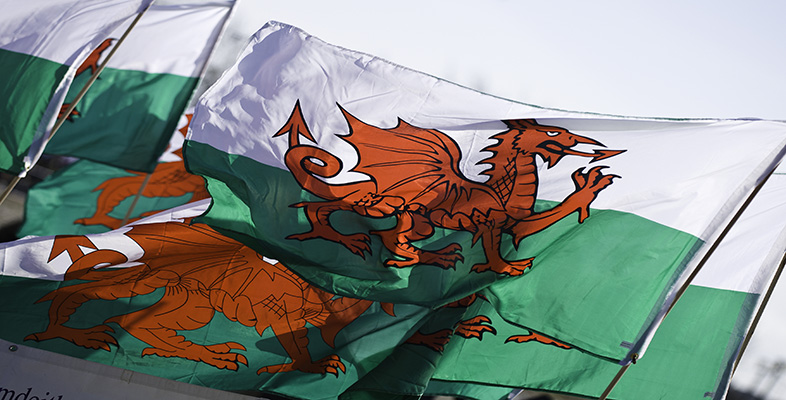1.1 Early Welsh law
The laws covered the responsibilities of the king and officers of court and dealt with matters such as king and court, society, kindred and status, animals, crimes and tort, property, contract, and the laws of women. They divided the people of Wales into three categories: the king, free landowners and the peasantry. They also refer to the 'alltud', people from outside Wales who had settled in Wales.
In many aspects the laws were ahead of their time, for example, in women’s rights. In a claim of rape, precedence was given to the woman’s claim; marriage was an agreement and divorce permitted by common consent; if a wife found her husband committing adultery she was entitled to a payment as compensation; if a divorce occurred after seven years of marriage the wife was entitled to half the husband’s property and any sons would be divided equitably between the parents.
Other laws considered illegitimate children and legitimate children as equal, which meant that, on the death of a landowner, the land would be shared equally between all the sons. This meant a conflict with the Church – in canon law illegitimate children could not inherit.
In criminal matters there was no capital punishment for murder; the murderer’s family had to pay a murder price to the family of the deceased (this payment could last as far as the seventh generation). However, a thief could be hanged, but clemency would be given to somebody who had stolen food if they could prove they had been begging for three days to feed a starving family. The laws placed a value on all kinds of property – a newborn kitten was worth a penny, but its value rose to fourpence once it caught a mouse.
The importance and influence of Hywel Dda are still recognised; the original home of the Welsh Assembly was Tŷ Hywel and the original Assembly chamber was known as Siambr Hywel. A heritage centre [Tip: hold Ctrl and click a link to open it in a new tab. (Hide tip)] with a garden and interpretative centre, the first of its type in Europe, has also been established at Whitland.
